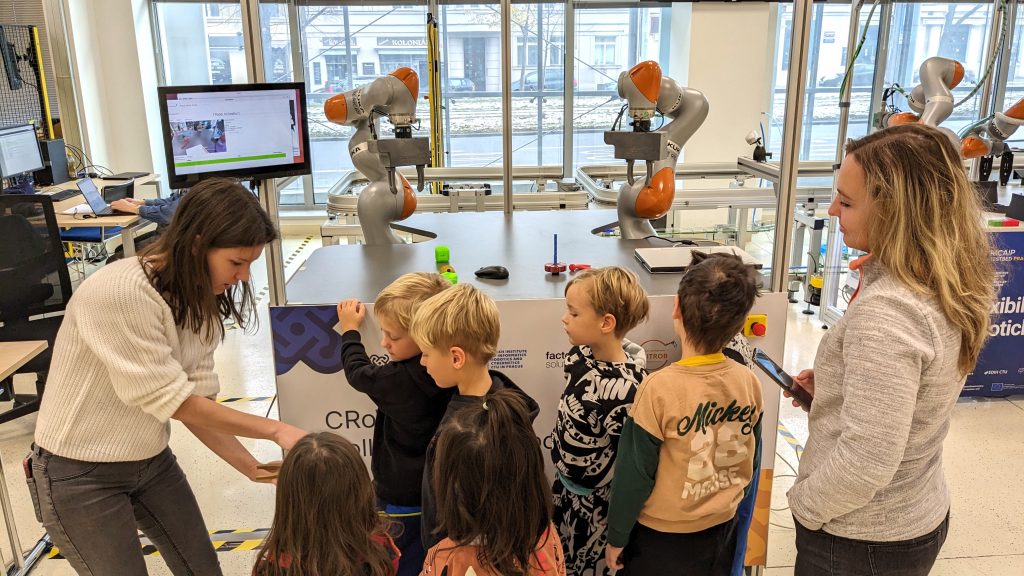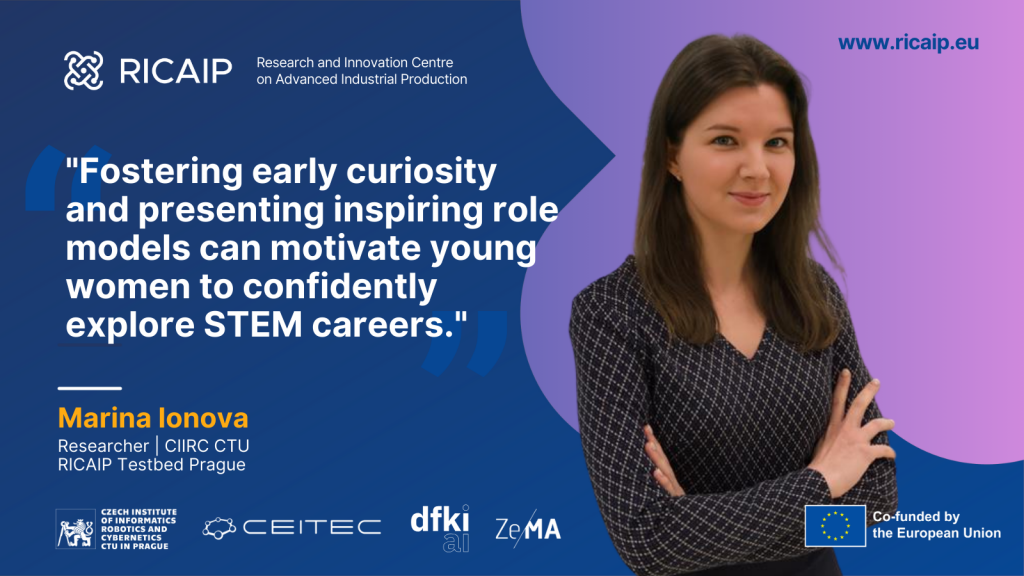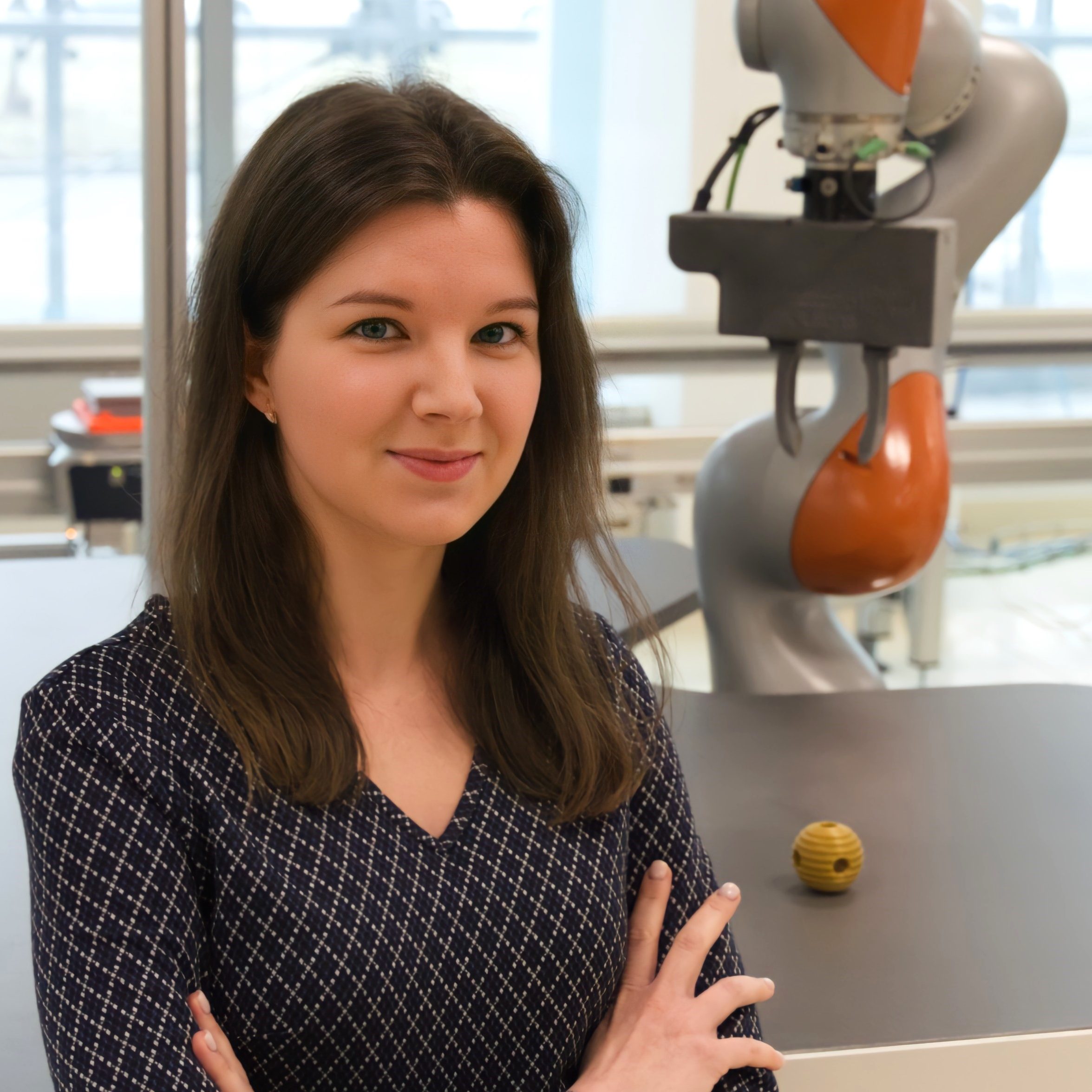Research focus: Human-Robot Collaboration
In the era of Industry 4.0, where technological advancements are rapidly transforming manufacturing processes, the role of human workers remains pivotal. Despite the automation surge, workers in the manufacturing industry continue to face challenges associated with monotonous tasks and concerns about the perceived dangers posed by large and fast-moving machines.
My research addresses the open challenges in human-robot collaboration by introducing an innovative approach that elevates the dynamic adaptability to the user, enhances fault tolerance, and boosts overall productivity. The core of my work lies in developing a scheduling-based dynamic task allocation method between humans and robots. This method introduces a novel dimension to human-robot collaboration, providing individuals with the freedom to choose tasks on the production line. This not only alleviates the monotony associated with repetitive work but also increases productivity, as robots can adapt in real-time to product changes or the choices made by human workers. The ethical implications of empowering humans with the ability to choose their tasks redefine the landscape of human-machine interactions, moving away from traditional task allocation methods where humans simply follow machine instructions. Through extensive numerical simulations, the stability and robustness of the proposed method are validated, showcasing its feasibility for online rescheduling based on the evolving state of the assembly process. Inspired by human-human collaboration examples, the decision-making process embedded in the robot’s reactive movements and task distribution is designed to be both predictable and intuitive for human workers.
What do you find the most challenging as a researcher?
Nevertheless, advancements in AI tools, particularly those designed for summarization and information processing, have significantly facilitated this endeavor, streamlining the process and making it more manageable.
As a researcher, the most challenging obstacle I encounter is keeping abreast of the latest developments in the field, necessitating continuous engagement with research articles.

How would you encourage young women to become interested in STEM fields and science careers?
Based on my childhood experiences of conducting chemical and physics experiments with my dad at home and being inspired by my female physics teacher, I believe sparking an interest in science should begin early. Introducing girls to science through clubs and providing visual examples can make learning enjoyable. To attract more girls to science, it’s crucial to showcase diverse women scientists through introductory meetings or lectures, fostering mentorship relationships.

By cultivating early curiosity and offering inspiring role models, we can empower young women to pursue STEM fields and science careers confidently.



